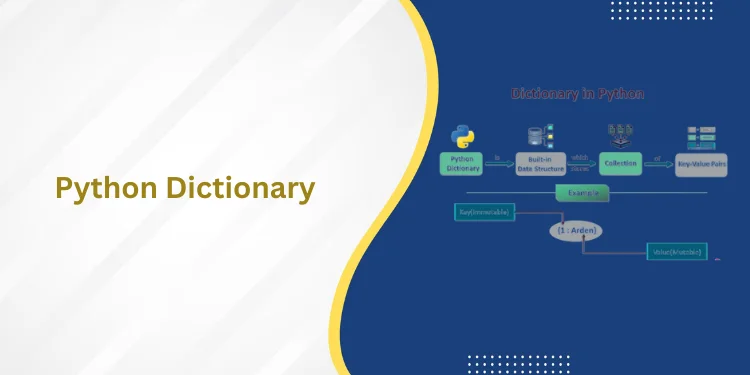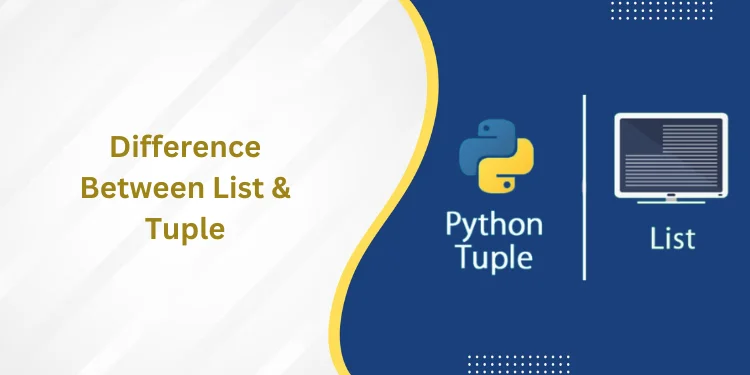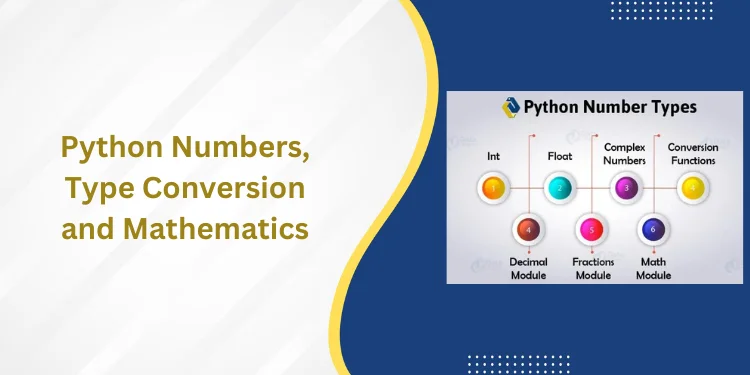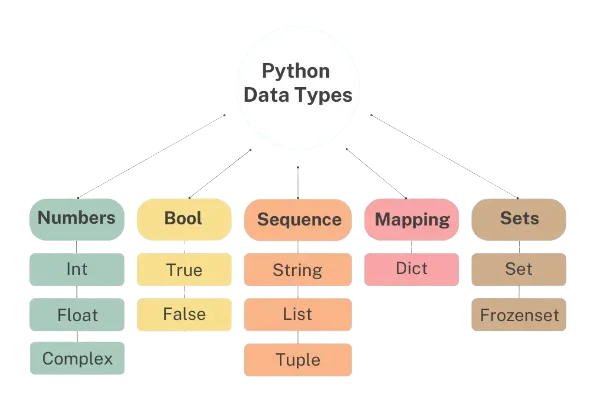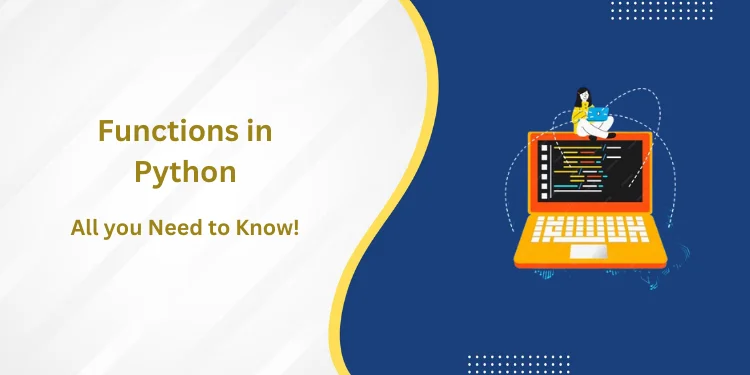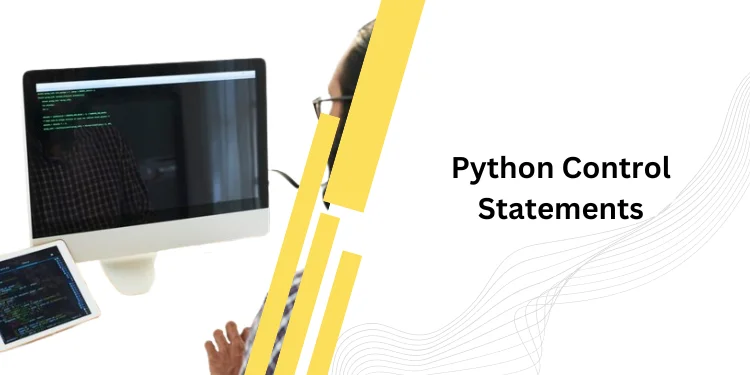Table of Contents
ToggleIntroduction
Data science is a rapidly growing field that uses data to gain valuable insights and inform better decision-making. As more businesses look for ways to make sense of their data and gain competitive advantages, the demand for skilled data scientists has never increased.
You must be well-versed in the trade’s techniques and tools to succeed as a professional. Becoming a successful data scientist requires mastering several core skills, each essential for any data science career.
The first Data Scientist Skills you’ll need is an understanding of programming languages such as R and Python. These languages are used to manipulate and analyze datasets, forming the basis of nearly all machine learning algorithms used in modern applications. You should also understand relational databases such as MySQL or SQLite to store, organize and manage your datasets effectively.
Another important Data Scientist Skill for professionals working with data is statistical analysis techniques. This involves running tests such as linear regression, t-tests and ANOVA tests on datasets to understand relationships between variables or uncover trends. Advanced topics such as Bayesian inference can also play a role in specific applications.
In addition, professionals working with data must have strong visualization skills. You should know how to create compelling visualizations that are easy to interpret and communicate meaningfully with clients or stakeholders without technical backgrounds. Popular tools like Tableau are often used for this purpose, and knowledge of them can certainly come in handy when presenting results or insights from your work.
Understanding Data Scientist Skills
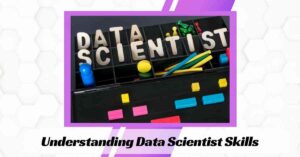
As a data scientist, you need a unique set of Data Scientist Skills to navigate the increasingly complex world of data. Knowing what skills you need to develop and maintaining a professional approach is essential for any data scientist. In this blog article, we’ll discuss the essential skills you need as a data scientist and offer tips for how to keep developing them professionally.
Regarding Data Scientist Skills, there are several main categories to focus on. First and foremost, understanding concepts such as data analysis, statistical analysis, machine learning, artificial intelligence (AI), predictive analytics, and software development are all immensely important for anyone looking to become successful in data science. Without this technical expertise, you won’t be able to understand or work with the datasets that come your way.
Equally important as technical expertise is professional development. As a data scientist, keeping current on industry best practices is essential to staying ahead in the job market. Joining online communities related to your field of interest can help keep you informed about the latest trends and technologies in the industry. Additionally, studying or completing certifications related to your field is always beneficial and shows employers that you remain dedicated to advancing your skillset.
Finally, when it comes to an understanding your role as a data scientist, critical thinking is essential: understanding how different datasets interact to create meaningful insights helps make your job much easier when solving complex problems. Understanding cultural differences between companies helps create better outcomes when analyzing customer habits across markets or countries. Knowing how these variables play into decision-making can make all the difference between success and failure in any project.
Use of Exploratory Data Analysis (EDA) as Data Scientist Skills
Exploratory Data Analysis (EDA) is a fundamental component of data science. It involves exploring the data to find patterns and trends, using descriptive statistics to summarize the data, and interpreting the results of your explorations. For data scientists, this means having the balanced Data Scientist Skills necessary to analyze and interpret data from various sources, along with being able to select and use appropriate visualization tools.
To master EDA as a data scientist, there are several critical Data Scientist Skills you need to possess.
First, you must understand the context of your dataset and what questions you’re trying to answer. This includes using feature engineering to identify useful features in the dataset that can help you draw meaningful insights.
Second, you must have an understanding of descriptive statistics so that you can summarize your data accurately. After summarizing the datasets, you should then be able to use visualization tools such as scatter plots or heat maps to explore patterns and trends within the dataset more easily.
Lastly, for EDA to be successful, it’s important that you can interpret the findings from your explorations correctly. This means understanding which inferences can reasonably be made based on what has been explored and which hypotheses need further exploration or testing before conclusions can be drawn.
Additionally, you must assess how reliable or valid your data is for any insights drawn from it to be trustworthy.
In conclusion, Exploratory Data Analysis (EDA) is an essential Data Scientist Skills as it allows them to develop a deeper understanding of their dataset through exploring patterns and trends while also assessing its quality so any insights drawn are accurate and reliable.
Mathematical and Statistical Modeling

As a data scientist, one of the essential Data Scientist Skills you need is to have a strong understanding of mathematical and statistical modelling. These core foundations of data science will open the door for you to use more complex tools such as machine learning algorithms. The two main components that make up mathematical and statistical modeling include the use of probability & distributions and linear & nonlinear models.
Mathematical Foundations
In order to effectively explore your datasets as a data scientist, it is necessary to have a good grasp on math fundamentals. This includes principles such as algebra, calculus, geometry, trigonometry, and more that form the base for all calculations in data science. Additionally, having a working knowledge of statistics is important as you must be able to interpret the findings from your datasets correctly.
Statistical Techniques
The use of statistical methods allows researchers to analyze data quickly and accurately. This includes collecting and exploring data using measures such as mean, standard deviation, median etc., or using more detailed techniques such as regression analysis or hypothesis testing. Statistical techniques should also be combined with mathematics to create or manage predictive models used for forecasting future events or solutions within your dataset.
Probability & Distributions
Data scientists must also understand probability & distributions including binomial distributions, Poisson distribution, normal distributions etc. Most datasets contain random variables which can be modeled by probability distributions providing the data scientist with insights into the expected outcomes based on specific parameters. These probabilities are expressed in numbers which can then help inform decisions made by the analyst or used by machine learning algorithms.
Importance of Data Scientist Skills in Machine L
earning Techniques

As one of the most important Data Scientist Skills, you need to be familiar with a variety of machine learning techniques. This knowledge will help you identify the best approach to use when building data-driven models. In this part, we’ll discuss some of the most commonly used machine learning techniques that every data scientist should be knowledgeable about.
One must possess solid data science skills to apply machine learning techniques effectively. A data scientist should have strong analytical abilities and a deep understanding of algorithms and datasets. They must also have experience in programming languages such as Python, R and SQL and be proficient in statistics and probability concepts. Additionally, interpreting and communicating results effectively is essential for achieving successful outcomes from machine learning initiatives.
Data Scientist Skills in Algorithms
A key Data Scientist Skills for any data scientist is understanding different types of algorithms. Commonly used algorithms include decision tree models, neural networks, linear regression models and logistic regression models. Decision trees are used to create classifications based on input variables while neural networks are used to make predictions by mapping input values against expected output values. Linear regression models are used for forecasting trends while logistic regression models can be used for prediction purposes where two discreet outcomes exist (e.g., binary classification).
Use of Data Scientist Skills in Supervised/Unsupervised Learning
When using machine learning techniques, it’s important to differentiate between supervised and unsupervised approaches. Supervised learning uses training datasets where labeled input variables lead to corresponding output values that can be predicted from new inputs. Unsupervised learning is more flexible as it does not require labeled inputs or outputs; instead, it uses clustering algorithms to uncover patterns in data that may not have been obvious before.
Programming Knowledge
As a professional, This is another important Data Scientist Skills as it is important to stay up to date with the latest, cutting-edge technology and skills. One of the most in-demand professions today is the data scientist, and their skillset includes understanding programming and working with data. If you want to become a data scientist or add some Data Scientist Skills to your existing professional profile, these tips can help you get started.
Understanding programming is an essential Data Scientist Skills for any data scientist. Understanding the basic coding principles is essential before diving into any project as a data scientist. This means knowing how to write code correctly, debug it, and also be able to use different libraries for your specific project correctly. Writing clean code, other developers can easily read is also key in this role.
Data manipulation is another essential skill for a data scientist to possess. Organizing and managing large sets of unstructured data effectively is paramount in this profession. Data scientists are expected to be able to collect, analyze, and interpret complex datasets while also developing solutions based on their conclusions from these datasets.
Communication Skills

Communication skills are essential for a data scientist to be successful in their position. Whether it’s delivering presentations, writing business-related emails, or engaging in interpersonal conversations, effective communication is necessary for getting the job done and building trust with other team members. To help you polish up your communication skills, we’ve compiled a few tips that will assist you in integrating them into your approach as a professional data scientist.
First and foremost, good business writing is essential for communicating effectively over email or other digital mediums. Knowing how to structure and format emails is key to ensuring that others understand what you are discussing in written form. data scientist skills additionally, using appropriate language and formatting will go a long way when conveying your message correctly.
Next, while communicating effectively over email is essential, don’t forget about the importance of verbal communication and presentation delivery. Being able to speak confidently and clearly about the topics you are discussing is essential for keeping meetings on track and making sure that everyone understands the points you are trying to make. Moreover, having good presentation skills is a part of Data Scientist Skills, when delivering information can help create an impactful first impression which fosters relationships with colleagues quickly.
Of course, interpersonal skills are also necessary to have successful conversations with coworkers or customers. Building confidence to share ideas and thoughts comfortably will be instrumental in different contexts, such as problem-solving or critical-thinking sessions. Furthermore, having strong conflict resolution abilities can also come in handy when working through issues within the workplace by being diplomatic yet assertive at the same time.
Click here to know more about: data science course pune
Data Scientist Skills in Data Wrangling

Data wrangling is an essential set of Data Scientist Skills for any data scientist. It involves complex manipulations and transformations requiring precision, skill, and attention to detail. Data wrangling can involve data cleaning, outlier elimination, missing value imputation, feature selection/engineering, model selection & optimization, and visualization.
Let’s explore these different techniques in more detail.
Data Manipulation: A key data wrangling skill is the ability to manipulate structured and unstructured data into meaningful formats that can be used for analysis. This involves transforming raw data into spreadsheets and databases that are easier to access, query and filter from. Combining datasets and extracting relevant features effectively is a key component of being a successful data scientist.
Data Transformation: Another critical aspect of data wrangling is the transformation, the process of adjusting raw data into more suitable formats for analysis as well as creating derived features from available information sources. data scientist skills, Data transformation enables you to restructure existing datasets into new formats suitable for further analyses or analytics projects. It can also include exploring correlations between variables and mapping relationships between them.
Data Cleaning: Data cleaning is an art form in itself! It requires attention to detail while ensuring accuracy throughout the process. This includes quality checks such as performing basic calculations or checking unique keys or IDs across datasets; debugging issues such as typos, formatting errors etc.; removing outliers; dealing with duplicate records/values; correcting incorrectly assigned values; as well as handling missing values by replacing them with appropriate substitutes or by simply removing them altogether depending on the context of their use
cases and requirements of the project at hand.
Data Visualization
It is also an essential Data Scientist Skill. It’s how the patterns, trends and relationships within datasets are identified and communicated. You can explore, analyze, and understand your data more quickly by creating visual representations of it.
Creating visualizations is just one part of a data scientist’s job. As a professional in this field, you should be proficient in exploring and analyzing data sets and know how to identify trends and patterns. You should also be able to simulate and forecast future datasets and develop statistical models that let you interpret the data for insight.
In addition to these core Data Scientist Skills, there are a few other areas where having specific technical skills can help you advance your career. Knowing how to utilize programming and scripting languages such as R or Python to perform analysis can significantly simplify developing models for understanding data. You should also be familiar with machine learning algorithms that allow you to work with large datasets efficiently and artificial intelligence algorithms that will aid in interpreting complex information from those same sources.
You can become a better data scientist by expanding your knowledge beyond traditional visualization techniques. Not only will it speed up your workflow, but it will also open new opportunities in terms of insights derived from large datasets that may have previously gone unnoticed without machine learning or AI algorithms being applied. So if you want to take your data science career to the next level, hone your technical skillset related to programming languages, ML & AI algorithms—and keep exploring new ways of visualizing data!
Big Data Analysis Data Scientist Skills
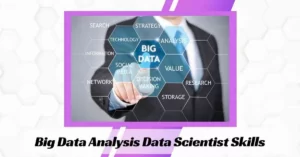
Big Data Analysis is a rapidly growing field. As technology continues to evolve, so do these Data Scientist Skills required for data scientists to keep up with the demand for data-driven decision-making. For professionals looking to stay competitive in this industry, knowing the most current Data Scientist Skills is essential.
One of the critical Data Scientist Skills is an understanding of big data. Big data is all of the data that is generated and collected, usually using digital methods. This can include proprietary information such as customer database logs, social media interactions, and public information like census or web analytics numbers. A data scientist must understand how to interpret and analyze these vast amounts of information to succeed.
Another basic Data Scientist Skills set is understanding machine learning algorithms and other technologies to interpret big datasets quickly and accurately. Developing custom algorithms that allow you to make predictions from large datasets requires knowledge of algorithm design and programming languages such as Python and R. It also requires knowledge of how variables from different sources impact specific outcomes, which can be applied when manipulating datasets.
Conclusion
Lastly, the Data Scientist Skills set is an understanding of machine learning algorithms and other technologies used to interpret big datasets quickly and accurately. As you know, Developing custom algorithms that allow you to make predictions from large datasets requires knowledge of algorithm design and programming languages such as Python and R. It also requires knowledge of how variables from different sources impact specific outcomes, which can be applied when manipulating datasets.
Frequently Asked Questions
Do data scientist need coding skills?
In Fact it is one of the most important Data Scientist Skills and most experienced data scientists working today still code. However, the data science landscape continues to change, and technologies now exist that allow people to complete entire data projects without typing code
What kind of skill is data science?
The key Data Scientist Skills is that, you need to be able to gather and analyze data, then present it in an understandable way. You will need technical Data Scientist Skills like programming, database management, mathematics and data visualization. You will also require soft skills such as collaboration and public speaking.
What is the eligibility for data scientist?
For admission to a data science course, generally, the following qualifications are required: Degree: A graduation from the STEM stream. Mathematics: It is the heart of machine learning, data science, and data analysis because the models are created by processing the data of mathematical algorithms.
Is data scientist a stressful job?
To be admitted to a data science course, you usually need to have a degree from a STEM field and strong math skills. Math is essential for machine learning, data science, and data analysis as it is used to create models from mathematical algorithms.
Can I directly become data scientist?
You may encounter difficulties on your way to becoming a data scientist. Because you need certain Data Scientist Skills.This position requires proficient programming abilities, statistical expertise, and good communication skills. These abilities can be acquired by anyone, but you need determination to get through the difficult times.
Which subject is for data scientist?
Data Science courses cover a range of topics, including Statistics, Coding, Business Intelligence, Data Structures, Mathematics, Machine Learning and Algorithms.
What is the role of a data scientist?
Data scientists are professionals who use data to help an organization make decisions. They gather, analyze, and interpret data.





